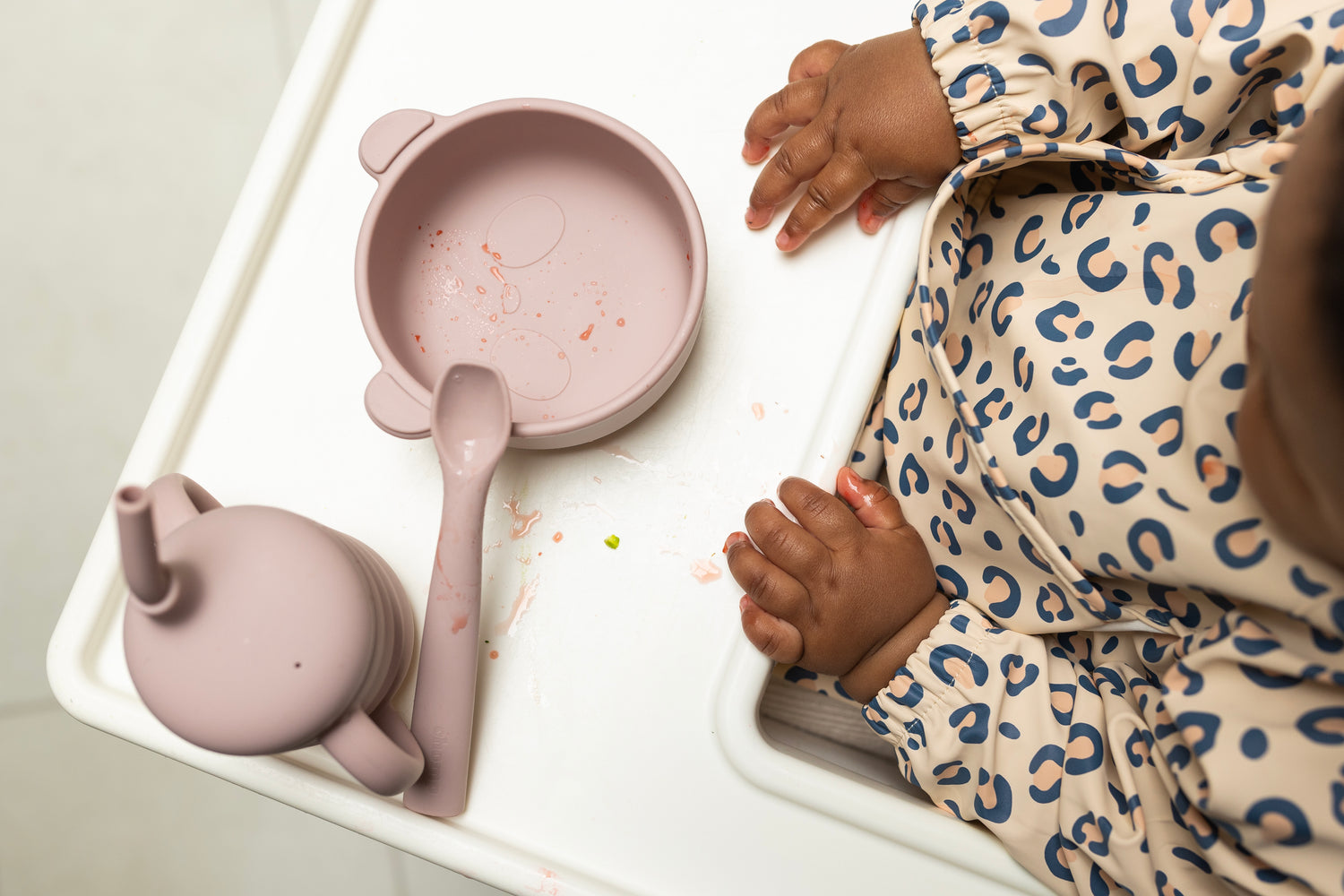How can you ensure your little one is sleeping safely?
This guest blog has been written by Katie Cann, a Paediatric Nurse and Sleep Consultant, founder of Athena Sleep Co.
Safety is no doubt the biggest priority for parents. Ensuring children are safe in every aspect of their lives, essentially keeping eyes on them at all times to avoid them getting up to mischief! This extends to safe sleep too. This week (11-17th March) is Safer Sleep Week, a campaign launched by The Lullaby Trust. This blog post focuses on safe sleep practices that should be followed for little ones.

Why is safe sleep important?
When your little one is sleeping, most likely you are not there supervising them. This is because you are probably sleeping too! For young babies who still nap, supervising sleep most likely involves a baby monitor and keeping a close eye. When babies sleep, their bodies are reserving energy, creating new brain connections and processing all they have learnt during the day. This requires deep sleep which can be a safety risk if safe sleep practices are not followed. Why is this? Because a baby’s airway is much smaller than an adult's and can easily be blocked off or partially occluded. Babies are most at risk of Sudden Infant Death Syndrome (SIDS) when they are sleeping because of this. Therefore safe sleep is so important, so we can reduce the risk of SIDS occurring. Luckily, the rates have dropped significantly since the Lullaby Trust began educating parents and professionals on safe sleep and how to mitigate risk.
‘Simple is safe, bare is best’
This is the quote I created to help parents ensure their baby’s sleep space is safe. The best way to reduce any risk during sleep is to ensure the sleep environment is safe. This starts with the cot. A baby’s cot should be empty – no toys, bumpers, nests or loose blankets. These are all suffocation risks, especially for newborns. This is because during a deep sleep, babies are not likely to move their faces away from an object. Keep it clear, use a sleeping bag designed for your aged child and keep toys for play time, not sleep time. The mattress should be flat, firm and waterproof. This is due to the likelihood of accidents and without a wipeable mattress, bacteria is likely to grow.
Where should they sleep safely?
For babies under 6 months, the safest place for them to sleep is in their own cot in their parents' room. This is NHS guidelines to ensure safety for small babies. Once baby is over 6 months, you can transition them into their own nursery. Avoid co-sleeping with your baby to help reduce risk of SIDS. If you are co-sleeping, ensure you are following safe practices. Such as; never co-sleep if you or your partner have been drinking alcohol or smoking. Place baby away from the edge of the bed, preferably in the pillow space to avoid the duvet coming up too high.
What products to avoid for safe sleep?
Sadly there are products on the market that are not deemed safe for infant sleep. These include: nests, hammocks, baby bouncers, beanbags, baby pillows. All of these can occlude a baby’s airway and put them at risk when they sleep. Ensure baby is sleeping on a firm, flat surface on their backs. Don’t use pillows or duvets in the cot for babies under 1 years old. Stick to a sleeping bag or a swaddle for the small babies (those who cannot roll yet).

For more helpful advice and support with sleep, follow Katie on Instagram at Athena Sleep Co.
About our Guest Blogger
Katie is a Sleep Consultant with a background in Paediatric Nursing. She works part-time in both roles and offers a unique service supporting both sleep and general health. Katie has great success with improving sleep for her clients' children, moving away from hourly wake-ups to sleep through the night! Building up a little one’s confidence in their sleep space so they feel comfortable to spend the night there. Katie focuses on a responsive approach, never leaving a baby to cry for long periods and supporting parents through their journey to better sleep. Katie also offers affordable options for improving sleep.
Head to her website for more information, or visit the links below.
Newborn Safe Sleep Guide- focuses on safety and sleep in the fourth trimester
E-Course- ‘Establishing Healthy Sleep Habits’ is a series of short videos covering many topics that influence sleep.


